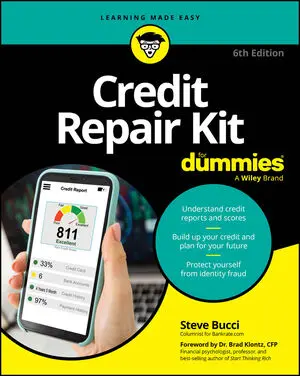Not paying your bills on time may be what got you into a bad-credit situation in the first place. But making on-time payments for the amount agreed is the most important thing you can do to keep bad credit from getting worse.
Get organized
Nothing is quite as frustrating as getting hit with $35 late-payment fee on your credit card when you’re trying to cut expenses. The good news is that a late payment doesn’t necessarily cost you any more than the fee. Thanks to the Credit Card Accountability, Responsibility, and Disclosure Act of 2009, you no longer have to worry about a penalty interest rate for being one day late with a payment.
New rules require a payment to be 60 days past due before the penalty interest rate kicks in, but a fee for making a late payment can still be charged as soon as it happens. It’s still not a good idea to pay late and getting hit with large fees, but at least the punishment now better fits the crime.
Getting organized is a surefire way to avoid unnecessary late payments. Here are some options for getting organized:
Pay bills as soon as you receive them. Make a pact with yourself to get the mail, sit down immediately, and write checks or go online to pay any bills you receive that day.
Mark a calendar with the due dates for all bills. Allow at least a week for bills that you mail and a few days for bills that you pay online. Place the calendar where you’ll see it every day so you don’t miss any due dates.
Set up a filing system. Place bills in folders or in due date order, marked with the day of the month that they need to be paid. The trick is remembering to place the bills in the folders or organizer and to check the folders on a daily or weekly basis.
Experiment, find a solution that works for you, and get those bills paid!
Stop the paycheck-to-paycheck cycle
If you live paycheck to paycheck, you may find it difficult to pay all your bills on time and in full every month because money is so tight, especially when an emergency crops up and you have to pay for it out of money allocated for another bill. Consider these tips:
Start a savings account. What does starting a savings account have to do with living paycheck to paycheck? Plenty. Without emergency savings, you won’t be able to stop living paycheck to paycheck. How else do you have the money to replace the muffler or pay your child’s doctor bill?
Ask your creditor to change your due date. You can request that your due date fall when you have the money to pay the bill in full and on time.
Look to your job to free up extra cash. If you want to increase your cash flow and can’t get a second (or third) job, you may not have to look far. Here are a couple of things you can do regarding your current job:
Check your payroll deductions. If you get a hefty tax refund each year, see your employer and add withholding allowances on Form W-4 to increase your take-home pay. But if you’ll end up writing a check to the IRS, don’t do it.
For assistance in figuring out the right number of withholding exemptions you should take, see the IRS Withholding Calculator.
Free up some money in your retirement plan. This doesn’t mean that you should take money out of the plan; doing so would result in some ugly penalties! But you can temporarily reduce or suspend your contributions to help close the gap. You can always make them up later.






